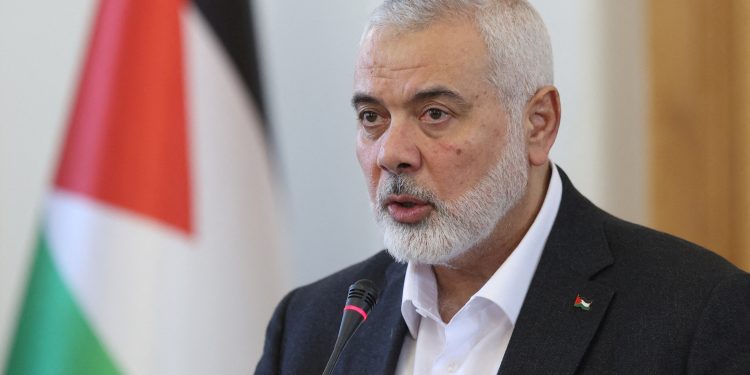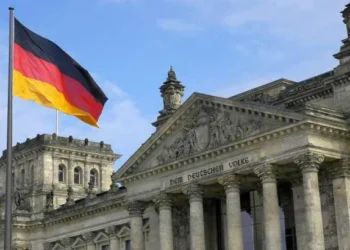- Hamas says leader Ismail Haniyeh killed in Tehran
- Israel has not yet commented on Haniyeh’s death
- Assassination raises fears of wider escalation
- US defense secretary says wider war not ‘inevitable’
Hamas leader Ismail Haniyeh was assassinated early on Wednesday morning in Iran, the Palestinian militant group and Tehran said, drawing threats of revenge on Israel in a region already shaken by the war in Gaza and a deepening conflict in Lebanon.
Iran’s Revolutionary Guards confirmed the death of Haniyeh, hours after he attended a swearing in ceremony for the country’s new president, and said it was investigating.
Haniyeh, normally based in Qatar, has been the face of Hamas’s international diplomacy as the war set off by the Hamas-led attack on Israel on Oct. 7 has raged in Gaza. He had been taking part in internationally-brokered indirect talks on reaching a ceasefire in the Palestinian enclave.
Hamas’ armed wing said in a statement Haniyeh’s killing would “take the battle to new dimensions and have major repercussions”. Vowing to retaliate, Iran declared three days of national mourning and said the U.S. bears responsibility because of its support for Israel.
Iran’s Supreme Leader Ali Khamenei said Israel had provided the grounds for “harsh punishment for itself” and it was Tehran’s duty to avenge the Hamas leader’s death as it had occurred in the Iranian capital. Iranian forces had already made strikes directly on Israel earlier in the Gaza war.
There was no comment nor claim of responsibility from Israel. The Israeli military said it was assessing the situation but had not issued any new security guidelines for civilians.
US Secretary of State Antony Blinken, at an event in Singapore, sidestepped a question on Haniyeh’s killing, saying a ceasefire deal in Gaza was key to avoiding wider regional escalation.
“I’m not going to speculate on what impact any one event might have on that, I’ve learned over many years.”
He told Channel News Asia that the US had neither been aware of nor involved in the killing.
The assassination, which took place less than 24 hours after Israel claimed to have killed the Hezbollah commander it said was behind a deadly strike in the Israeli-occupied Golan Heights, appears to set back chances of any imminent ceasefire agreement in the 10-month-old war Gaza.
Source: REUTERS














